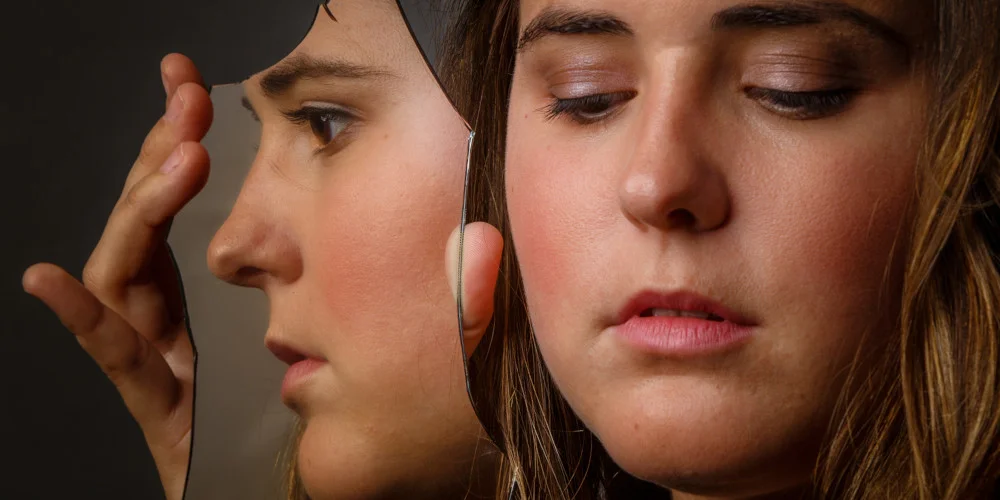In the vast world of addiction recovery, you might often hear about the wonders of Cognitive Behavioral Therapy (CBT). Building on Dr. Carl Hart’s enlightening approach to understanding addiction – not as a disease but as a symptom – CBT presents a promising avenue for individuals struggling with benzodiazepine addiction.
CBT operates on the belief that our thoughts, feelings, and actions are interconnected. In the face of benzodiazepine addiction, this therapeutic approach seeks to equip you with the tools to challenge and change negative thought patterns and behaviors. In doing so, it addresses the very symptoms and root causes that may have led you or your loved one to rely on benzodiazepines.
So, what makes CBT particularly beneficial in the context of benzodiazepine addiction recovery? For one, it’s about empowerment. Instead of feeling trapped in a cycle of use, CBT hands you the reins, allowing you to recognize triggers and devise healthier coping mechanisms. Whether it’s stress, anxiety, or other factors that have nudged you towards benzodiazepine use, CBT provides the strategies to address them head-on.
Furthermore, this approach is flexible and tailored. No two individuals are the same, and in South Africa’s diverse context, it’s especially pertinent. Whether you’re from Durban’s bustling cityscape or the serene plains of Limpopo, CBT can be adapted to resonate with your unique experiences and cultural nuances.
Frequently Asked Questions:
- Is CBT a short-term or long-term treatment for benzodiazepine addiction?
- CBT can be both. Depending on your individual needs, it can be employed as a short-term intervention or continue longer to ensure lasting behavioral change.
- Does CBT require one to revisit traumatic events?
- While CBT does delve into understanding triggers, it doesn’t necessarily mandate revisiting traumatic events. It’s more about recognizing current negative patterns and reshaping them.
- Are there trained professionals in South Africa specializing in CBT for benzodiazepine addiction?
- Yes, many professionals across South Africa are trained in CBT and its application for addiction recovery.
- Can CBT be used alongside other therapeutic interventions?
- Absolutely. Many find a combination of CBT with other therapies, be it group therapy or more traditional methods, to be especially effective.
- How does CBT differ in its approach compared to traditional addiction treatments?
- While traditional treatments might focus on the addiction itself, CBT zeroes in on the behavioral patterns and thoughts leading to the symptom of addiction, offering tools to reshape them.
The Lifelong Journey: Embracing CBT for Benzodiazepine Addiction Recovery
Imagine standing at the crossroads of your life, where one path seems endlessly cyclic, leading back to the same struggles, the same patterns. The other path, while challenging, promises not just a detour but a lasting change. For you, and many others grappling with benzodiazepine addiction, this crossroads is real. The decision you make will not just impact the immediate future but set the trajectory for a lifelong journey.
Enter Cognitive Behavioral Therapy (CBT). It doesn’t just offer temporary relief; it’s a guide for that lifelong path. Here’s why you might want to consider it for benzodiazepine addiction recovery:
Understanding, Not Just Treating: CBT isn’t about just addressing the addiction; it’s about understanding you. It delves into the intricacies of your thought processes, laying bare the patterns that lead to the symptom of addiction. By doing so, it empowers you with self-awareness, a tool invaluable for life.
Equipping for Life’s Curveballs: Life will inevitably throw challenges your way. CBT ensures you’re not just prepared but well-armed. It provides you with coping mechanisms, teaching you to handle stress, anxiety, and other triggers, not just today but for the years to come.
Adaptability: Just as life evolves, so do our challenges. The beauty of CBT is its adaptability. As you grow and change, the tools and techniques you’ve learned can be modified to suit your current circumstances, ensuring you remain in control.
Breaking the Cycle: Many fear relapse, a return to old habits. But with CBT, you’re not just breaking away from benzodiazepine addiction; you’re reprogramming your responses. It’s a transformation that ensures the changes you make now resonate throughout your life.
In the words of Mahatma Gandhi, “Be the change that you wish to see in the world.” CBT invites you to internalize this, to be the change in your own life story. It doesn’t promise an easy journey, but it assures a journey of growth, resilience, and enduring change. As you stand at your crossroads, consider the path CBT offers – one that doesn’t just lead away from addiction but towards a brighter, more empowered future.




